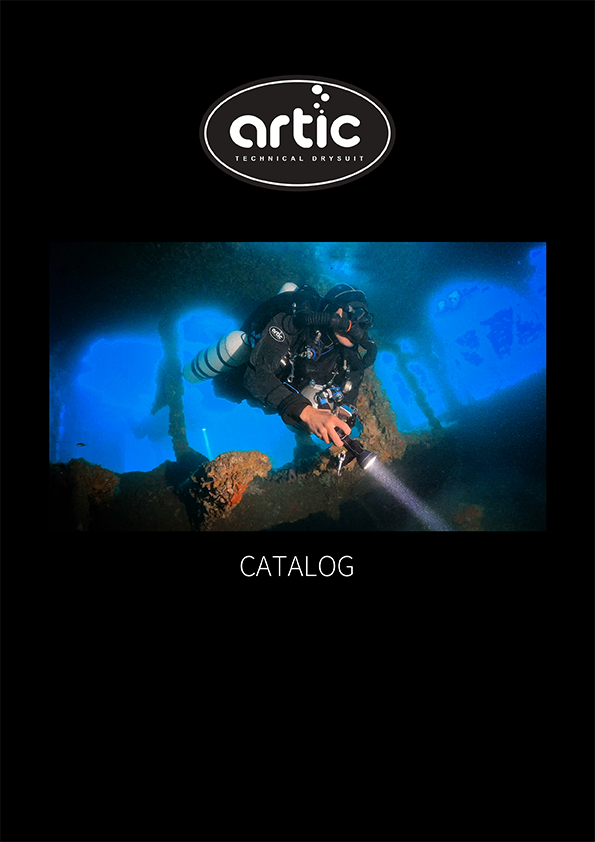
Dive planning and navigation are critical skills for any scuba diver. Proper dive planning can help you avoid accidents, prevent decompression sickness, and maximize your dive time. Navigation skills can help you explore underwater environments, stay safe, and find your way back to your entry point. Whether you’re a beginner or an experienced diver, learning dive planning and navigation skills is essential for a safe and enjoyable diving experience.
Here are some tips for dive planning and navigation:
In conclusion, dive planning and navigation are critical skills for any scuba diver. Proper planning and navigation can help you avoid accidents, prevent decompression sickness, and maximize your dive time. By using a dive computer, practicing navigation techniques, and planning your dives, you can have a safe and enjoyable diving experience. Remember to prioritize safety at all times and never dive beyond your limits.
Stay updated with the latest scuba diving news, tutorials, and exclusive offers by signing up for our newsletter!
